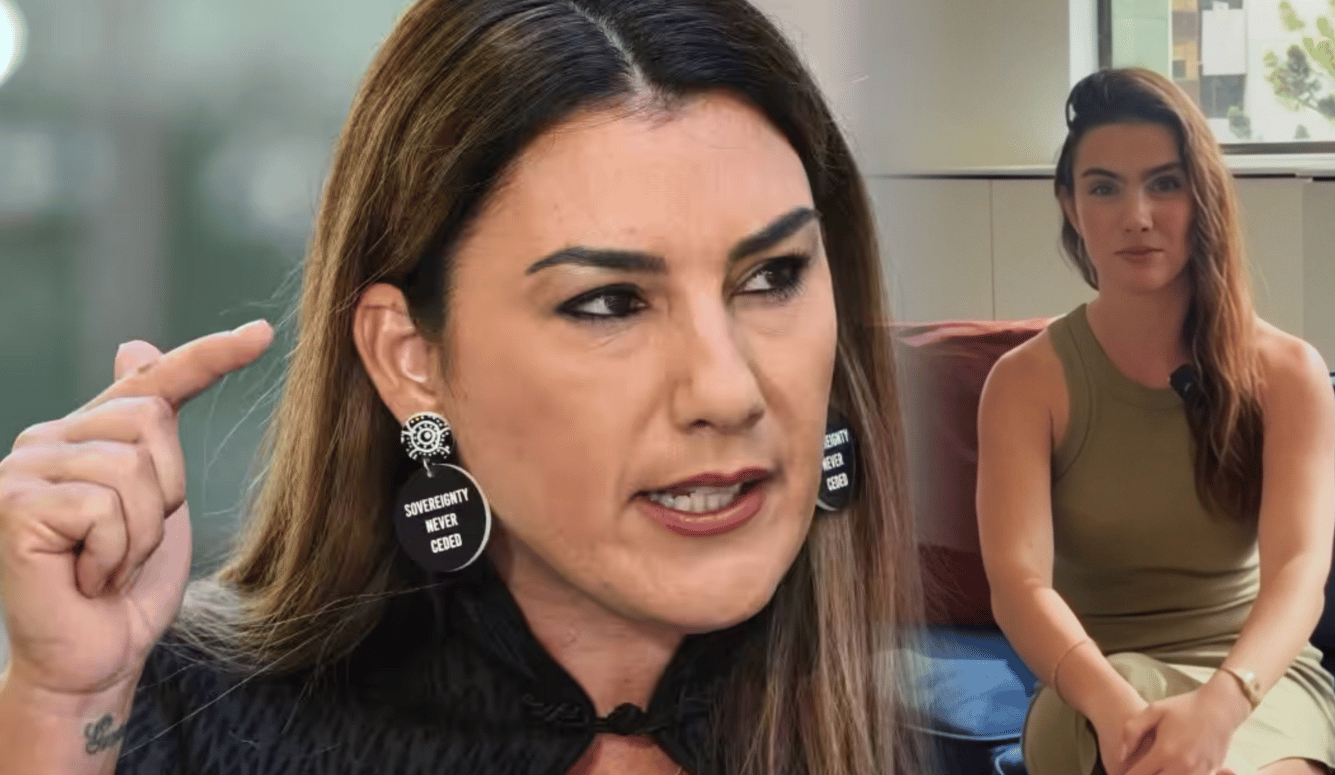Blog
I’m Tired of the Victimhood Narrative
Lidia Thorpe is not treated more harshly because she’s an Indigenous woman. In fact, if it weren’t for these two immutable characteristics, she wouldn’t be where she is today.

This was originally published in The Australian on 4 November 2024.
The backlash to Lidia Thorpe’s hate-filled tirade against an elderly, cancer-stricken King has attracted all manner of opinion and headlines over the last fortnight. According to Nikki Gemmell’s piece in The Weekend Australian, (“When females speak out, they’re punished”, 1–2/11), it’s almost entirely about her gender. But the response to Thorpe’s latest outburst had nothing to do with gender and everything to do with character.
Nikki, it’s time to move beyond the victimhood narrative.
Thorpe is precisely where she is today because she’s a woman—not just a woman, but one who identifies more with her “Gunnai, Gunditjmara, and Djab Wurrung” heritage than with her white ancestry, a choice her father has publicly criticised.
The truth is, Thorpe’s attention-seeking performances have already drawn public ire—exactly as she intends. She knows these explosive outbursts do little to advance the Indigenous cause or foster support for a treaty; in fact, while they might impress the far Left, they only alienate the average person. So why does she keep doing it?
One answer might be found in my recent interview with Nigel Biggar, an author, Anglican priest, and Regius Professor of Moral and Pastoral Theology at Oxford. In An Honest Conversation About Colonialism and Australia’s History with Nigel Biggar, we discuss how many left-wing activists are not driven by their causes as they claim, but rather by their own narcissistic motivations. I would know; I was swept up in far-left activism during my last years of high school and at university, as I discuss in the podcast. I recall the thrill of policing people’s language and ideas—and actually seeing it work as people backed down. There’s no question that good people are susceptible to public shaming, which I carried out on a far smaller scale than Lidia’s against the King.
I do not doubt that Lidia wants good things for Aboriginal people and women. However, her actions reveal that, like many politicians, her primary goal is advancing her own fame or infamy. For a narcissist, infamy is better than obscurity. As Oscar Wilde wrote through his character Dorian Gray, the archetypal narcissist, “There is only one thing in the world worse than being talked about, and that is not being talked about.” With an outburst every month or so, Lidia is obviously hooked on the feeling.
Adolescence and early adulthood are naturally narcissistic stages of life, as one explores identity and seeks belonging, even validation. It took years of maturity and distance from university echo chambers for me to move beyond that phase. At 51, Lidia is still stuck in this phase—and it’s no surprise. Building a career on two immutable characteristics she didn’t earn—her race and sex—has proved successful.
Lidia wouldn’t be this successful if it weren’t for social media. Like Will Connolly, or “Egg Boy,” the then 17-year-old social justice warrior who went viral for physically assaulting former Australian senator Fraser Anning, or the Just Stop Oil activists who deface works of art, Lidia knows that inflammatory behaviour will go viral on TikTok, sparking people to Google her name. It’s worth noting that Will Connolly still has a huge Instagram following over five years after his assault on Anning, which garnered him the support of Magda Szubanski and a spot on Australian Story. It will be the same for Lidia, who has built a personal brand of being an angry Indigenous woman—perhaps the opposite of fellow Indigenous female politician, Jacinta Price, who rejects identity politics.
The ubiquity of identity politics and social media enables narcissistic personalities to thrive by simply broadcasting their identity and recording their provocations. But as Nigel Biggar puts it, “Revolutionaries are very good at pulling stuff down, not so good at building stuff back up again.”
So, while Lidia hurls abuse at King Charles and calls for the abolition of colonial Australia, she might consider that it was precisely the colonisation of Australia by the British—with all its innumerable faults—that enabled her to achieve such social and financial power as a Black woman. As I’m learning from Robert Hughes’ The Fatal Shore, life for Aboriginal women before British colonisation was far from idyllic.





